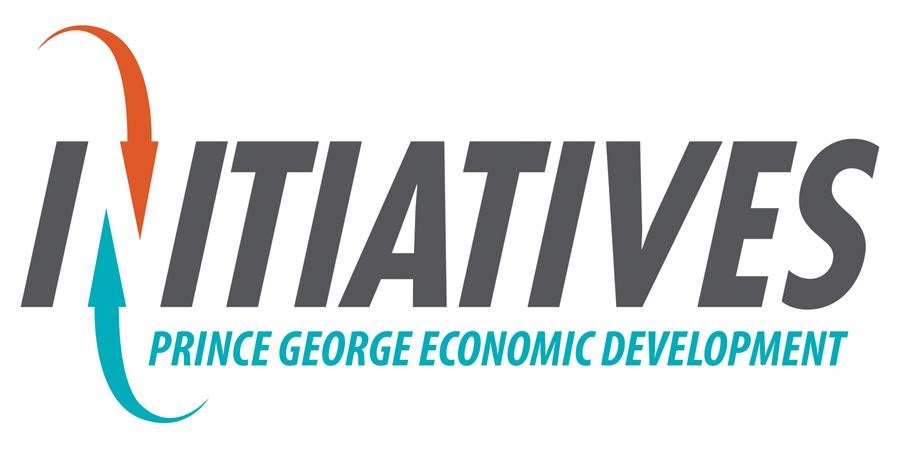After more than 30 years, the city is shuttering its external economic development branch.
Initiatives Prince George will be dissolved and its activities brought inside city hall, Mayor Lyn Hall announced Friday morning.
According to the service agreement between the city and IPG, which expires Dec. 31 of this year, the city can cut the contract short with no penalty. But it has to provide IPG a year's notice as well as money to "accommodate (IPG's) continuing financial and legal obligations."
However the city is opting to not renew its contract, giving IPG six months to wrap up its operations.
According to the city, this will save up to $500,000 per year.
"Council did not make this decision lightly, as we have had excellent service from IPG and its staff," Hall said, in a press release. "Council firmly believes that this move will save money, while directly involving administration in the economic development of our city, and enabling it to provide council with important, timely information."
A statement from the IPG board of directors expresses the group's "regret" in the city's decision.
"Initiatives Prince George is an organization of excellence and it has been our pleasure to work with the team in serving the community. The City has asked Ms. Oland to lead this transition and manage economic development going forward. We respect the City’s decision and commit to completing an orderly dissolution of the corporation," the board said.
There has been an arms-length economic development operation in the city since 1983, when the Prince George Region Development Corporation was established.
Back then, the office was a joint venture between the city, the Regional District of Fraser-Fort George and the Prince George Chamber of Commerce. In 2001, the regional district transferred its shares to the city, and was followed by the chamber in 2002. The corporation was renamed Initiatives Prince George in 2003.
Owned by the city, IPG received more than $1 million annually for its operations. City council approved a 2.5 per cent increase to its budget this year, bringing the total city funding to $1,045,398. That money is then leveraged for about 36 per cent more public and private sector funds CEO Heather Oland told council during last year's budget deliberations.
IPG was the recent recipient of several honours - bringing home a bronze Excellence in Economic Development Award for a video series extolling Prince George last October. Oland was recognized by the Immigrant Employment Council of B.C. earlier this year with a leadership award for promoting the city as a place of opportunity for skilled immigrants.
Last year, IPG began focusing on a new business retention and expansion program in addition to its mandate to attract business and investment to the city.
Despite a 2011 review that suggested IPG was providing good value for the investment, one of the main criticisms was that results weren't overly clear.
"Some survey respondents and interview participants feel that IPG's results are not fully transparent as the indicators uses are only partially effective in assessing the organization's work or impact on the economy," said the review report produced by PricewaterhouseCoopers.
IPG also came under the microscope in early 2012 following the departure of former president Tim McEwan. McEwan left the corporation for a job with the provincial government, taking nearly $140,000 in severance with him. Oland – who joined IPG in August 2011 – was promoted from vice-president to the top job in June 2012.
Prince George joins its neighbour to the south in closing down its economic development arm.
At the beginning of 2015, the city of Quesnel dissolved its Economic Development Corporation and brought the function in-house.
"Council believes that an in-house economic development function will more directly align with its strategic plan and budget constraints and, as a consequence, is taking steps to dissolve QCEDC and its board," Mayor Bob Simpson said in a press release.
This was also done in conjunction with a council and senior staff wage freeze to save about 1.2 per cent of the city's total budget (about $160,000).
A 2009 Union of B.C. Municipalities survey on local governments and economic development found that the "majority of local governments rely on some combination of in-house delivery models, with approximately one-third of all local governments (35 per cent) employing an (economic development officer)."
Only 16 per cent of survey respondents identified having a separate economic development department, like Prince George.
And while the survey found that "in general, in-house models were considered more effective than arms-length models," the conclusion was also drawn that "one size does not fit all. There is no single best model for local economic development and there are a number of different options available to local governments."



